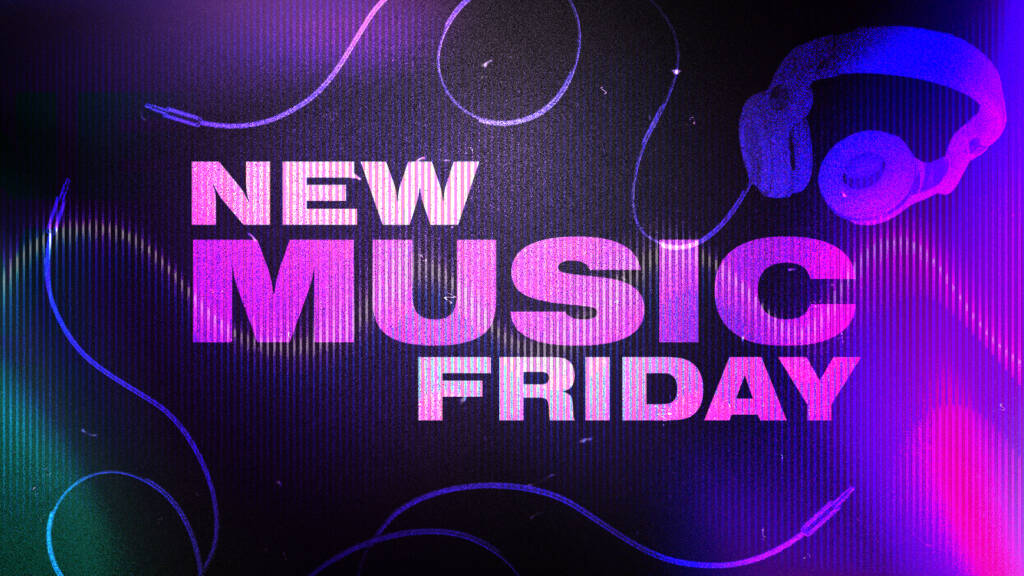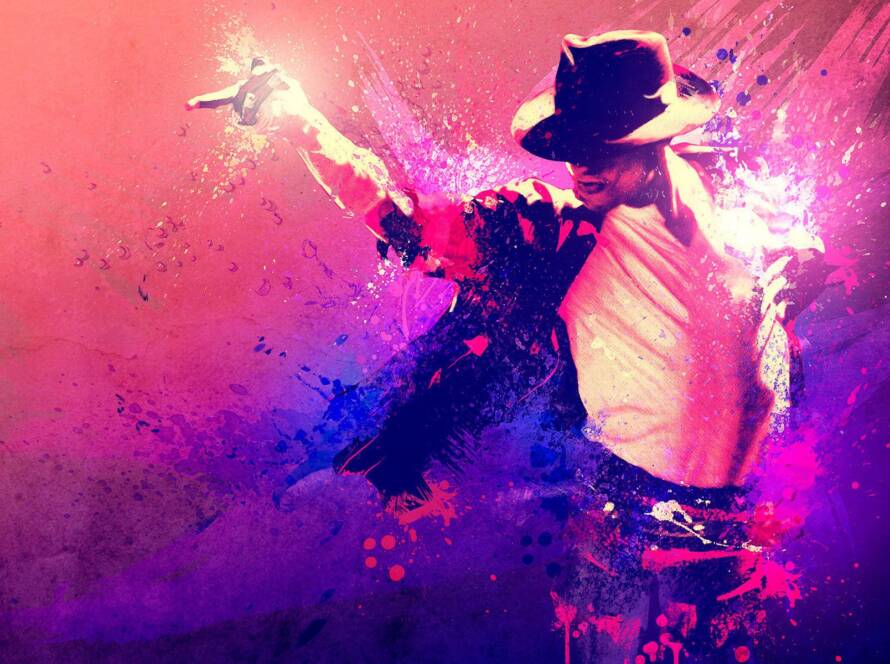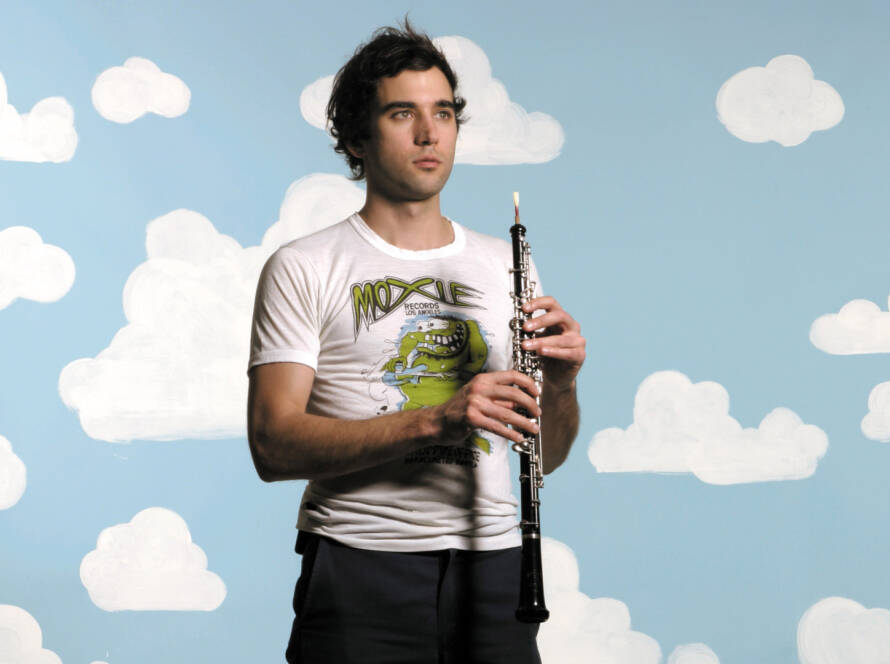
The Decline of Album Sales
Streaming has all but replaced physical and digital album sales. While album sales once dominated the music industry, platforms like Spotify have shifted focus to singles and playlists. Artists now release singles regularly to stay relevant, rather than waiting for full albums. This change has influenced how musicians approach their work, placing a premium on constant content production. The days of blockbuster album releases may be over, but streaming has allowed for more frequent artist-fan interaction.
The Economics of Streaming for Artists
While streaming provides artists with massive exposure, the financial return is often limited. Platforms pay artists based on the number of streams, and many musicians struggle to make a living through streaming alone. This has led to debates over fair compensation for artists in the streaming era. Despite these challenges, many musicians use streaming as a tool to grow their audience, with touring and merchandise sales becoming more important revenue streams. Some artists have even started their own platforms to regain control over their earnings.
Playlists as the New Radio
Curated playlists have become the new way for people to discover music, replacing traditional radio. Streaming platforms curate these playlists to match listeners’ preferences, introducing them to new artists based on their tastes. Playlists like “New Music Friday” have become highly influential, often making or breaking an artist’s career. With playlist placements being so valuable, many artists tailor their music to fit these formats. This shift has led to shorter, catchier songs that fit into curated lists easily.
The Role of Data in Shaping the Music Industry
Streaming platforms collect vast amounts of data on listeners’ habits, and this data is shaping the future of the music industry. By analyzing trends, record labels and artists can tailor their music and marketing strategies to meet listener demands. Data can inform everything from tour locations to track lengths and even album art. The industry’s reliance on data-driven decisions is transforming how music is created and consumed. Some artists worry this focus on data may compromise creativity, but it also opens new possibilities.
The Future of Streaming Technology
As technology evolves, the future of streaming may include more personalized experiences, such as interactive music videos or AI-generated playlists. Virtual reality concerts and enhanced sound quality could also become the norm. Streaming platforms may further integrate social features, allowing fans to connect over shared tastes in real-time. The possibilities are endless as technology continues to shape how we listen to and interact with music. The next decade could see streaming platforms morph into multimedia entertainment hubs.


